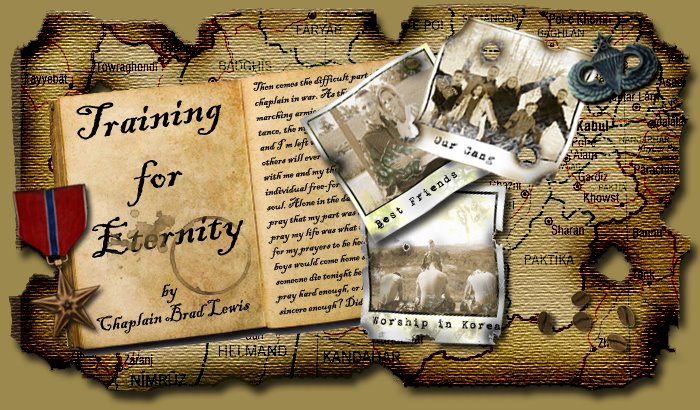There are a lot of ways to say things. For instance, instead of using the word “rich” you could say “affluent”. Or instead of using “gossip” you could use “quidnunc”. One might say, “I like waffles!” Or one might say, “Waffles are massively preferable to lima beans.” It is the art of wordsmithery, which may actually not be an art at all, at least not in the sense that you might visit a Wordsmithery Gallery. Rather, it is a way of saying or writing things and events, in such a way as to make them more readable. Generally, when I retell the story of something that happened to me I try to put my readers in that place. I want them to see it, feel it, and smell it. And I spend a lot of time with my good friend Roget in an attempt to do just that. And while it’s usually worth the effort to help people understand what life is like from my perspective, it’s almost never easy. In fact, many times I’ve not relayed something simply because I could not find the right words. Today, I’m at a loss for words. But I’m going to write it anyway because it just feels important enough, in light of my job as a chaplain, to tell the story.
Recently, we’ve had some personnel changes, as is normal in the military. People come and people go and just this week one of the chaplains I work with here went home. So besides being happy for him and his family, I now find myself having to absorb many of the duties he fulfilled around here until a replacement arrives. Today we had another call to come to the hospital as there were wounded US soldiers inbound. I and one of the chaplain assistants headed there to find out what we could and wait. What we found out was that no one knew much of anything about this particular situation. So I didn’t know if I was waiting to anoint a young American body, or pray over a new amputee, or console a gunshot victim. So the waiting was a little unnerving. As we waited, we chewed the fat about life before, during, and after this deployment. Finally, after about 45 minutes we could see two choppers on the horizon approaching our FOB. When they landed the sense of relief was immense as we watched 3 young American GIs walk off the birds. They had been in an MRAP (Mine Resistant Ambush Protected Vehicle) that had a mine roller on the front. Naturally, it hit an IED, as it is meant to which did some pretty serious damage to the vehicle. But as is always the case with the wonderful MRAP there was no real damage to the people inside. Just 3 young American GIs walking off a helicopter. A little shaken but none the worse for wear and in need of a check up to make sure all was well. I thought, “God is good!”
At the entrance to the hospital we stood and talked, while they removed their gear. I tried to calm and comfort them as best as I could and we started to walk into the hospital. The assistant I was with stood just outside and decided to head back to the office as this event was pretty much over. At that moment, I heard what I believe is the loudest single noise I've ever heard. A rocket fired from who knows where impacted approximately 25 feet from my assistant and about 35 feet from me. Everyone rushed into the hospital, as it is a hardened facility, to escape any additional incoming ordinance, which never came. For the next 30 minutes we waited for the “All Clear” so that we could resume our “normal” day.
Once we were able to leave the safety of the hospital, curiosity dictated that we go check out the impact site. That’s when it became very clear that we had been watched out for. As far as I can tell, my assistant, Michael, was the closest to the impact. I may have been the second closest, I’m not sure. It doesn’t matter. What does matter is that the impact was in a storage area on the opposite side of several concrete barriers designed to stop shrapnel that flies around willy nilly during an explosion. They seemed to have worked quite well. It could have landed on our side, but it didn’t. In the debris was the shell of an oxygen cylinder with a 3 inch hole in it. It didn’t explode. If it had I don’t think I’d be typing this. But it didn’t. Instead of acting like bottled oxygen usually acts, it just vented and the releasing pressure sent it flying somewhere.
